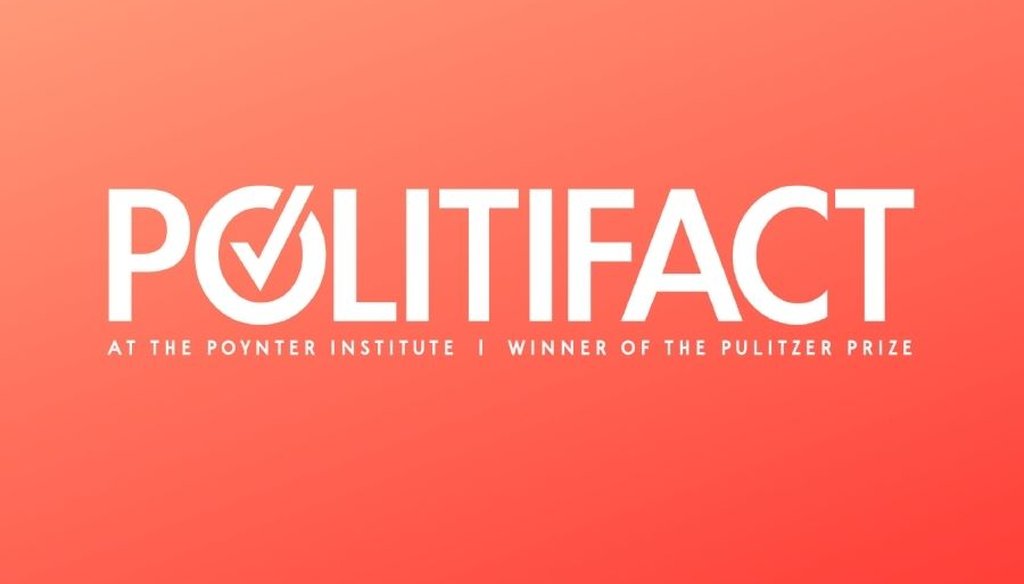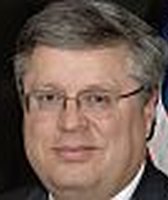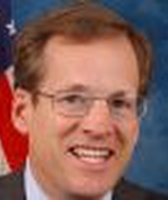Stand up for the facts!
Our only agenda is to publish the truth so you can be an informed participant in democracy.
We need your help.
I would like to contribute

Undercover police search a man on suspicion of drugs.
For some Americans, last Friday -- April 20th -- was a big day.
The day known as "420 Day" is when many marijuana users celebrate by smoking the drug. Thanks in large part to social media, what began an underground movement four decades back is not so secret anymore.
There are several murky tales about the day’s origins. One story involves a group of California high school students in the early ‘70s who met at 4:20 p.m. to search for a rumored patch of the illegal weed. A "High Times" editor later called for 4:20 p.m to be the socially acceptable time to consume cannabis. The number 420 has evolved into a universal code for smoking pot -- some want ads seek "420 friendly" roommates.
PolitiFact Georgia thought readers might be interested in a few pot-related fact-checks. Here’s a few that were weeded out by PolitiFact scribes.
Here goes:
"I'm well aware that medical marijuana is a recognized, medical, viable treatment for this sort of [pancreas] pain condition."
Former Rhode Island state House minority leader Robert Watson in an April 26, 2011 speech.
Robert Watson said he had a good reason to have what he described as a "a very small bag with trace amounts of marijuana and a smoking instrument" when he was pulled over by police at a sobriety checkpoint.
Watson, then Rhode Island House minority leader, said he was carrying the marijuana in case he had an attack of pancreatitis.
"I'm well aware that medical marijuana is a recognized, medical, viable treatment for this sort of pain condition," he said in his speech, which garnered a standing ovation from Republicans and other House members at the time. (The Republican caucus ousted him as minority leader a week later.)
One doctor said he was unaware of any physician-approved use of marijuana for chronic pain from pancreatitis. Others agreed.
PolitiFact Rhode Island found marijuana is neither recognized nor recommended by the medical community for this use. There are certainly no studies to support its use. Watson’s statement was rated as False.
--------------------
"As the usage [of synthetic marijuana] has dramatically increased, instances of violence, bodily harm and even death have risen with it."
Georgia Gov. Nathan Deal in a March 27th, 2012 in a press release.
Georgia Gov. Nathan Deal warned of the dangers of synthetic marijuana in a press release after signing of Chase's Law, which strengthens a ban on the substance.
"As the usage has dramatically increased, instances of violence, bodily harm and even death have risen with it," it said.
This drug is ground-up plant material laced with chemicals that mimic marijuana.
All signs suggest that synthetic marijuana use is increasing dramatically.
State poison center data show an increase in reports of users being admitted to a hospital's critical care unit. Media accounts report drug users injured or killed in car crashes and other accidents.
We found scattered reports of deadly overdoses, although in some cases, it's not clear if the drug is a direct cause.
There is less support for Deal's claim about violence. News stories suggest there's cause for concern. Deal's statement earned a Mostly True.
--------------------
"Fifty percent of the graduating class of the year 2012 will have smoked marijuana or have done illegal drugs."
Libertarian presidential candidate Gary Johnson during a Feb. 25th, 2012 candidate forum.
We wondered if Libertarian presidential candidate Gary Johnson was blowing smoke when he made a claim about teenage marijuana use during a candidate forum in Georgia.
"Fifty percent of the [high school] graduating class of the year 2012 will have smoked marijuana or have done some illegal drugs," said Johnson, a former two-term governor of New Mexico.
For the record, Johnson doesn’t believe teenagers should have access to marijuana. Johnson does believe marijuana is less harmful than alcohol and thinks the money the federal government spends on marijuana enforcement could be better spent "against the individuals committing real crimes against society."
According to 2009 data from the Atlanta-based U.S. Centers for Disease Control and Prevention, nearly 46 percent of 12th-graders had smoked marijuana at least once. Nearly 8 percent had used cocaine; 2.5 percent had tried heroin; about 4 percent used methamphetamines; 8 percent had tried Ecstacy; slightly more than 3 percent had used steroids.
Data from the federal National Institutes of Health found that in 2011, 50 percent of high school seniors reported having tried an illicit drug at some time.
We couldn't find data about the percentage of high school seniors graduating this year who've smoked marijuana or have done any kind of illicit drug, but the data line up with Johnson's claim. Johnson's statement rates a Mostly True.
--------------------
"Studies show that people that are on welfare are higher users of drugs than people not on welfare."
Florida Gov. Rick Scott during a June 5, 2011 interview on CNN
Florida Gov. Rick Scott defended his decision to sign a bill into law requiring drug tests for cash welfare recipients.
His rationale?
"Studies show that people on welfare are using drugs much higher than other people in the population," he said. "But the bottom line is, if they're not using drugs, it's not an issue. Our taxpayers don't want to subsidize somebody's drug addiction. It's going to increase personal responsibility. It's the right thing to do for Floridians."
Georgia Gov. Nathan Deal signed a somewhat similar bill into law earlier this week.
PolitiFact Florida interviewed several experts, read some research on the topic and reviewed information the governor’s office supplied to support Scott’s argument.
Scott's statement is at least partially accurate because there are studies showing a higher prevalence of drug use among some welfare recipients. But he also neglected research that suggests that drug use among welfare and non-welfare recipients is consistent. His claim was rated Half True.
Our Sources
PolitiFact Rhode Island, "Former House Minority Leader says marijuana is recognized as a treatment for his pancreas pain," May 18, 2011
PolitiFact Georgia, "Deal: Fake marijuana use rising connected to death, violence and 'bodily harm,' "April 9, 2012
PolitiFact Georgia, "Marijuana use claim close to the mark," March 7, 2012
PolitiFact Florida, "Rick Scott says welfare recipients are more likely to use illicit drugs," June 9, 2011

















































